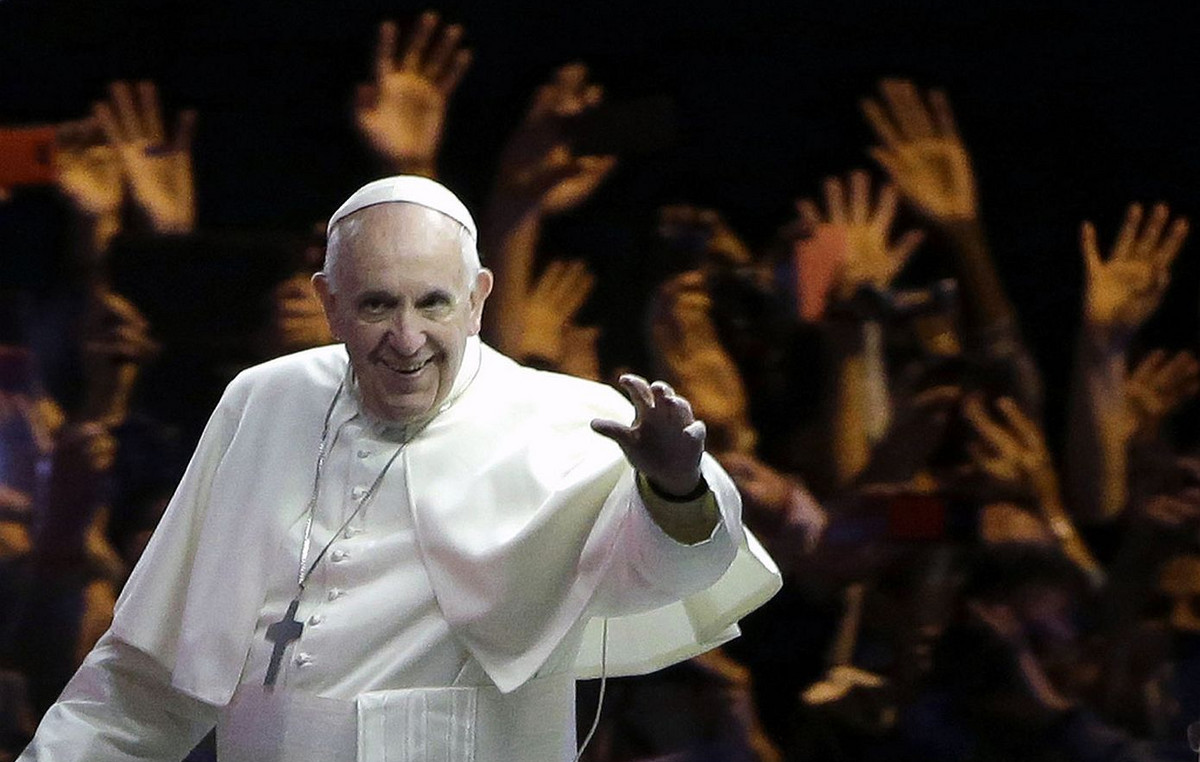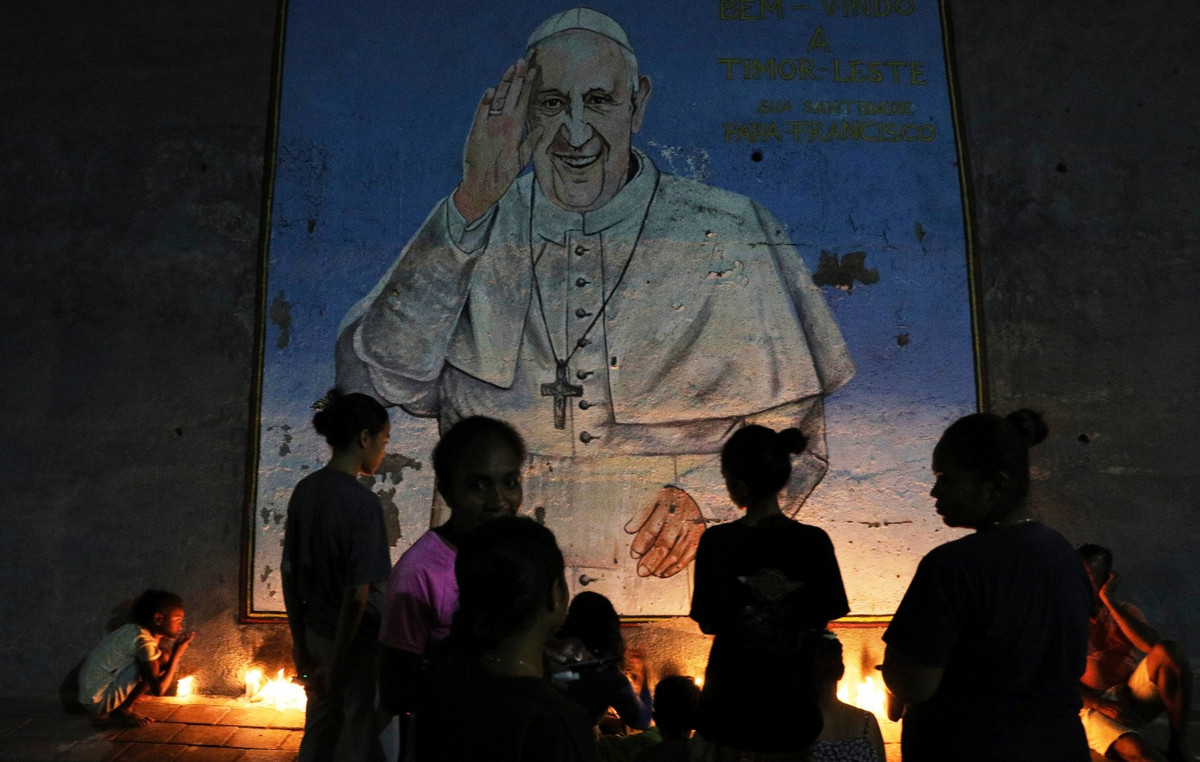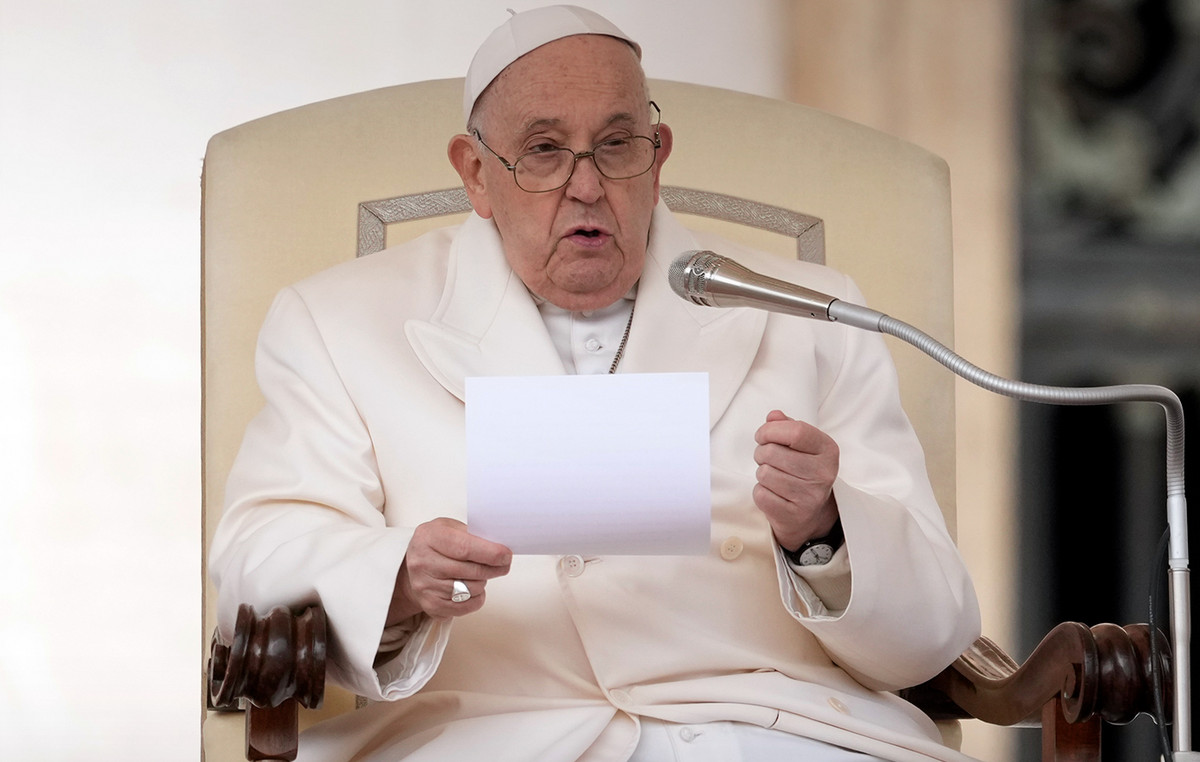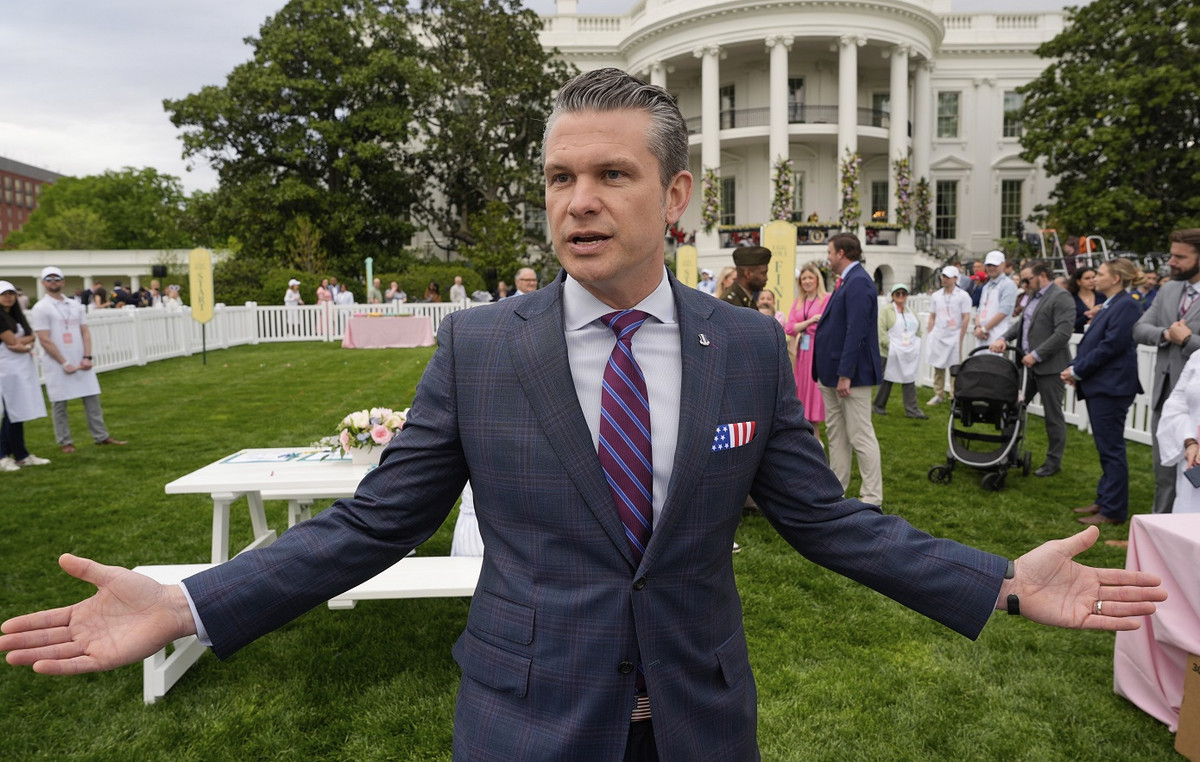United States President Joe Biden said he hopes there will be a ceasefire in the conflict between Israel and Hamas by “next Monday (4)”.
“Well, I hope it’s the beginning of the weekend, I mean the end of the weekend,” Biden said after being asked this Monday (26) when a ceasefire could begin while at an ice cream parlor in New York City with comedian Seth Meyers.
“My national security advisor tells me we are close. We're close, it's not over yet. And my hope is that next Monday we will have a ceasefire,” he added.
Earlier, the CNN reported that Hamas backed down on some important demands in negotiations for a hostage release agreement and halted fighting in Gaza, following accusations by Israel that the armed group's position was “delusional.”
This fact brought the parties closer to negotiating an initial agreement that could stop the fighting and release a group of Israeli hostages, according to two sources familiar with the discussions.
“The main obstacles have been resolved in terms of Hamas’ insistence on the full withdrawal of Israeli forces and an end to the war,” a senior Biden administration official told CNN, following a meeting on Friday (23), in Paris, between the heads of intelligence from the US, Egypt, Israel and the prime minister of Qatar.
“Hamas’ requirements for the number of Palestinians [prisioneiros que] would have to be released decreased,” the source added.
A diplomatic source familiar with the negotiations also confirmed that Hamas has softened its position, although more challenging obstacles are expected to emerge later when complex issues such as Hamas' release of male Israel Defense Forces (IDF) hostages and the end of war are discussed.
Agreement would have phases
Those involved in the discussions said a deal would likely be implemented in multiple phases and, once an initial agreement is reached, could lead to a truce lasting up to six weeks.
In addition, there would be the release of a group of Israeli hostages, including women, children, the elderly and the sick, in exchange for a smaller number of Palestinian prisoners than Hamas initially demanded.
The second phase is where discussions should get even more complicated.
During a truce, negotiations would take place on more sensitive topics, such as the release of Israeli soldiers being held hostage, Palestinian prisoners serving longer sentences, the withdrawal of IDF forces from Gaza and a permanent end to the war, along with so-called issues of “day after”, that is, the future of Gaza after the war.

Israeli leaders have made clear that they intend to launch a military offensive in Rafah, while Hamas highlighted in a previous proposal that it intends to use a second phase to discuss “the necessary requirements for maintaining the mutual end of military operations.”
Teams from the countries that met on Friday in Paris met this Monday in Doha to discuss the finer points of the general issues addressed at the other meeting, a sign of progress.
“We have made progress in these conversations over the weekend and in recent days” to try to reach an agreement to release the hostages and secure a temporary ceasefire, State Department spokesman Matt Miller said.
“We continue to believe that an agreement is possible and we will continue to pursue this”, he pointed out.
Miller added that if Hamas “really cared about the Palestinian people, it should agree to the deal that is on the table, because it will alleviate the suffering of these Palestinian people.”
Initial understanding of agreement
On Sunday (25), United States national security advisor Jake Sullivan declined to detail the terms being discussed, but stressed that Friday's meeting in Paris resulted in an “understanding between the four on how would be the basic outlines of a hostage agreement for a temporary ceasefire.”
“There will have to be indirect discussions between Qatar and Egypt with Hamas, because ultimately they will have to agree to release the hostages,” said Sullivan in an interview with CNN.
“This work is ongoing. And we hope that in the coming days we can reach a point where there really is a firm and final agreement on this issue. But we will have to wait and see,” she added.
Israel confirmed on Monday that it was sending a team to Doha, after Israeli Prime Minister Benjamin Netanyahu told Fox News on Sunday that “they [Hamas] they have to come to reality.”
“And I think if that’s the case, we can reach an agreement that we certainly wanted, and that I wanted,” he added.
Netanyahu faces immense pressure from the Israeli public to release the more than 130 hostages remaining in Gaza, which includes the bodies of many believed to be no longer alive.
The prime minister also reiterated that he plans to order the entry of the Israeli Army into Rafah, a measure that the US has warned that it opposes without a firm plan that takes into account the security of the approximately 1.5 million Palestinians concentrated there, many of them having fled the fighting further north.
With or without a hostage deal, “we will do it anyway,” Netanyahu told CBS News, because “total victory is our goal.”
“We cannot leave Hamas’ last stronghold without taking care of it,” he concluded.
Source: CNN Brasil
Bruce Belcher is a seasoned author with over 5 years of experience in world news. He writes for online news websites and provides in-depth analysis on the world stock market. Bruce is known for his insightful perspectives and commitment to keeping the public informed.







